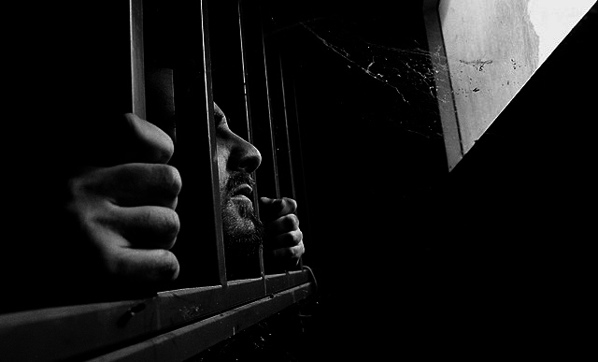DailyXY’s MoneyGuy blog is sponsored by RBC
You’re a bartender, a contractor or some kind of freelancer. Or maybe you’re just lazy. Whatever the case, you haven’t filed your taxes — in years. What happens now?
You’ve got three possibilities. The first is that you keep on livin’ the dream, not paying taxes and hoping that the Canada Revenue Agency (CRA) never notices. Roads, healthcare, electricity: they’re all free to you — and you’ve got at least 15 percent more income with which to enjoy them. Life is sweet. There are people who get away with this; after all, there are only 40,000 CRA employees, and they’re not all auditors. But, as Andy Meredith, a communications manager at CRA, says, your lush lifestyle “means a greater tax burden on everyone else.”
If the moral case doesn’t sway you, know this: If you’re busted (possibility number two), you could face financial penalties of up to 200 percent of the tax owing. Jail time is also a possibility. “A criminal tax proceeding is an onerous fight,” Andre Rachert, a lawyer at Victoria-based Dwyer Tax Lawyers, says. The CRA’s auditors can get search warrants for your house; trials last weeks. You’ll need a (pricey) tax lawyer with litigation experience. And you’ll pay anyhow: The CRA convicted in 98 percent of the tax evasion or fraud cases it pursued in 2008-2009.
Worried yet? To stave off sleepless nights, your third option is to complete a Voluntary Disclosure form. File it, and you’ll avoid prosecution. Plus, the agency may offer a break on the amount owing. “The sooner you start fixing it, the better,” says the CRA’s Meredith. Still, you’ll pay: The annual compound interest rate is five percent. Hire a lawyer. They’ll be able to negotiate a better settlement. And besides: Paying a bunch of dough is punishment enough. Do you need to read the Income Tax Act, too?
Image courtesy of Gìpics.



When it comes to filing a Voluntary Disclosure, you’re likely better to use a Tax Lawyer who can protect your identity until a settlement has been reached in writing. Nothing compels CRA to keep verbal agreements and they’ve been known to use your voluntary disclosure as a convenient way to get around your right against self-incrimination, because, you know, you did it voluntarily.